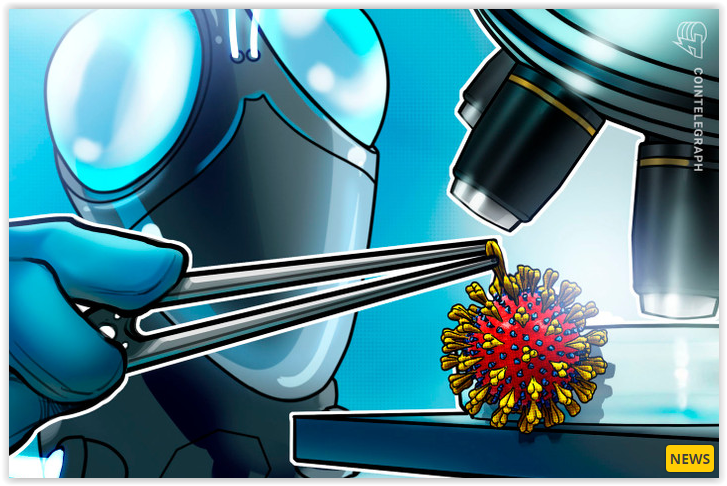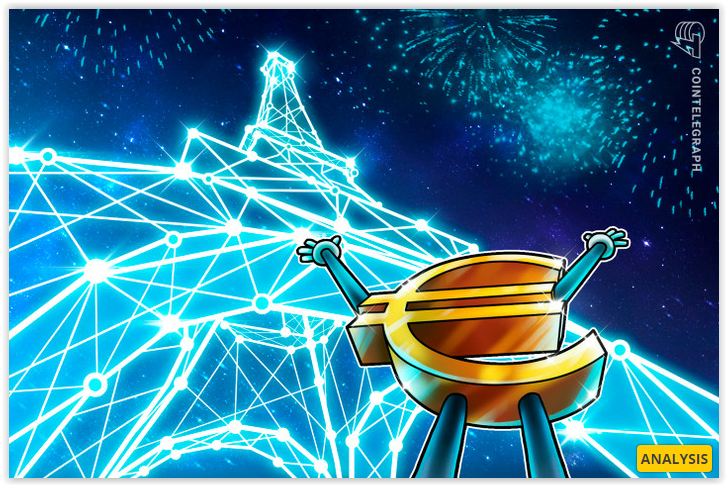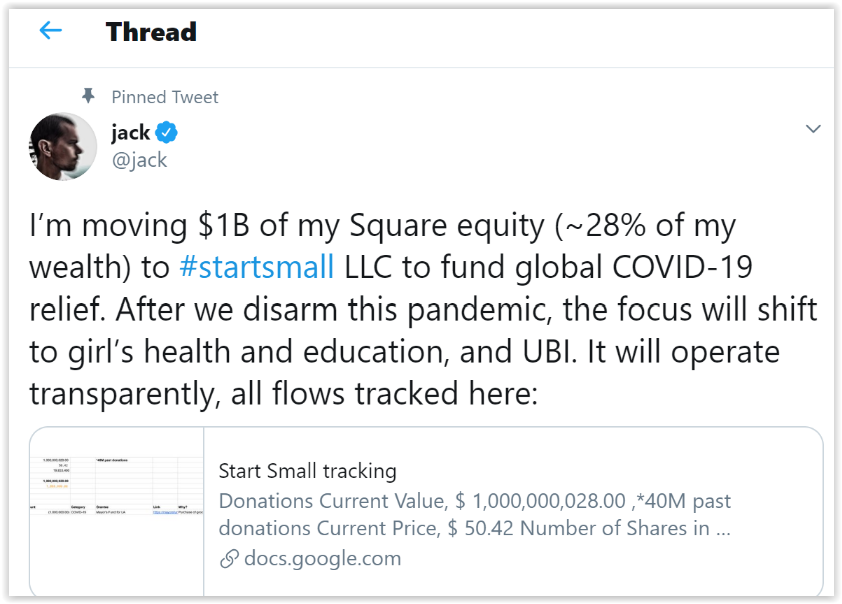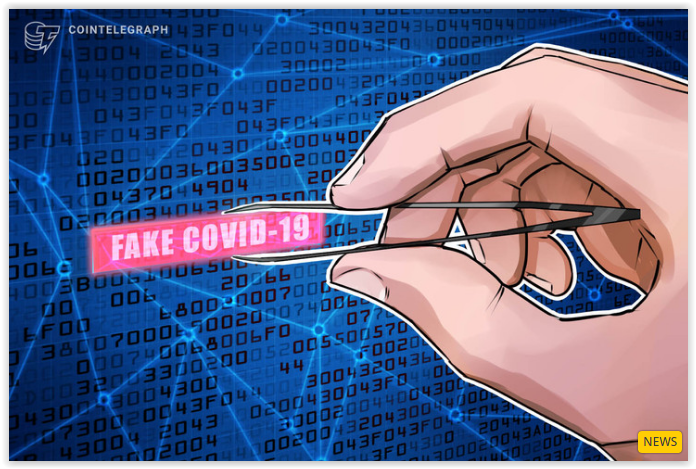British researchers are trialing a new blockchain-based certificate designed to manage COVID-19 risks across supply chains.
In a statement on April 21, Professor Nassim Belbaly, director of Birmingham City Business School, noted that “coronavirus represents a crisis of trust because we cannot any longer automatically trust goods or suppliers.”
New, secure and automated solutions are therefore being sought to help reassure consumers and suppliers that goods across the value chain do not pose health risks to themselves or to others.
To tackle this post-pandemic landscape, a newly-launched “4th Fourth Industrial Revolution Technologies Centre” is trialing a blockchain-based Coronavirus Clearance Certificate (CCC), issued by The Transnational Transparent Procurement Foundation (TTPF) in the U.K.
The center is also known as “BCU-CCEG 4IR,” an acronym for the two collaborating founders behind it; Birmingham City University (BCU) and the non-profit Centre for Citizenship, Enterprise and Governance (CCEG).
Since its founding in 2013, the CCEG has operated as a global think tank, with 165,000 members contributing to its research and development of social value tools that use emerging technologies such as blockchain, artificial intelligence, Internet of Things and 5G.
What the certificate offers
The CCC certificate can reportedly be issued to organisations, products and even people to confirm that they have followed appropriate steps to mitigate risks from COVID-19.
The challenges posed by the current public health crisis tie in to wider concerns about compliance and ethical practices in modern logistics and value chains. As Olinga Taeed, a visiting professor of blockchain at Birmingham City University, argues:
“[The certificate] confirms that a supplier adheres to highest standards of public health, sustainability, anti-bribery and even modern slavery. And in this case, we can verify the level of supply risk due to the coronavirus. It represents the future of supply chain management.”
As a vehicle for tracking the life cycle of any given product, for example hand sanitizer, the certificate will initially be trialed in the U.K. Midlands, a region that has been severely impacted by the pandemic.
Tailoring the blockchain to public health challenges
As reported, the International Association for Trusted Blockchain Applications recently announced a partnership with the European Commission and University College London to coordinate various blockchain solution providers that are tackling the coronavirus pandemic.
Blockchain specialists and IoT firms have also stepped in to adapt their solutions to COVID-19-focused data management and sharing.















